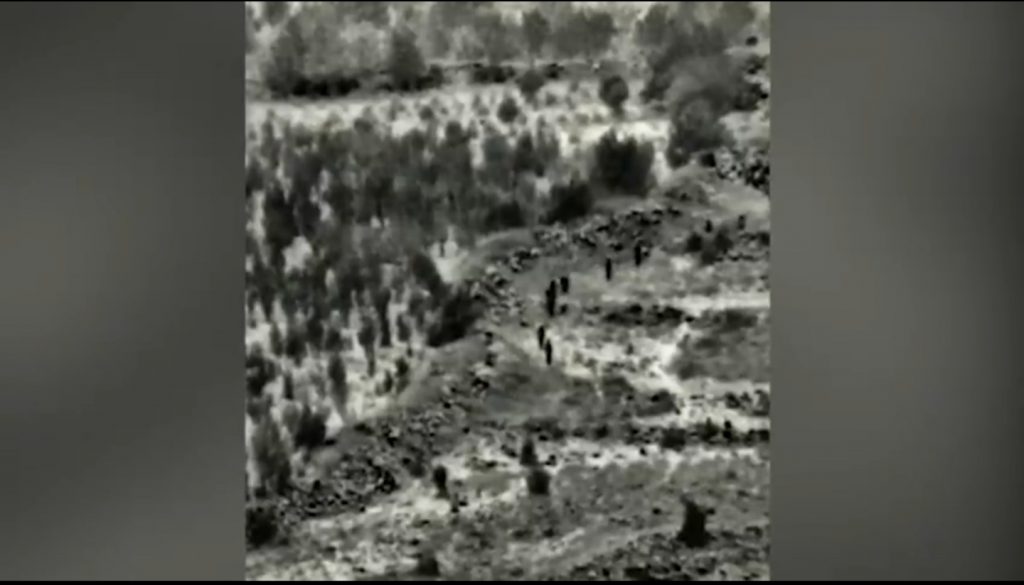A recent series of Israeli operations against the Syrian Arab Army (SAA), Iran and its proxies in southern Syria highlights the ongoing conflict against Iran’s entrenchment near the Israel-Syria border.
On Sept. 21, IDF Special Forces entered the demilitarized zone at the Syrian border and destroyed two SAA outposts that were built in violation of the 1974 disengagement agreement between the two countries.
“The IDF entered two advanced sites belonging to the Syrian Army in the disengagement zone east of the security fence, north of Hadaba, and destroyed it,” the IDF’s Arabic Spokesperson tweeted.
On Wednesday morning, the IDF reportedly attacked sites in the Quneitra governorate in southern Syria. According to the Syrian Arab News Agency (SANA), one of the assaults occurred against a school in the village of Hurriya.
“The Israeli enemy targeted at approximately 12:00 am yesterday with a missile at a school in the village of Hurriya in the northern countryside of Quneitra, as part of its aggressive practices against Syria and its people,” SANA stated.
Additionally, over the last week, the IDF reportedly used drones to drop leaflets on the Syrian side of the Golan naming and warning five SAA commanders against serving the interests of Iran and Hezbollah.
“A warning letter! Addressed to members and leaders of the Syrian Arab Army and everyone who lost their way in search of resistance and money, the interests of Hezbollah and Iran is not the same as the interests of the First Corp or the Syrian state and the inhabitants of the Golan,” the leaflet said.
The recent IDF operations in southern Syria is a part of a multi-pronged effort to dismantle the presence of Iran’s military and its proxies in southern Syria which Israel views as a threat. The effort also includes foiling the transfer of Precision Guided Munitions (PGM) and its components from Iran to Hezbollah in Lebanon.
In a recent interview, the Defense Minister of Israel, Benny Gantz, hinted of Israel’s involvement in Wednesday morning’s attack in southern Syria.
“I won’t go into who fired what last night. We won’t allow terrorist operatives from Hezbollah or Iran to set up on the Golan Heights border and we will do what is necessary to drive them out of there,” Gantz stated.
When asked if Israel was behind the strikes, Gantz replied: “Listen, things happen.”
The recent events have demonstrated that Israel has not yet accomplished deterring Iran’s military ambitions in southern Syria. For the foreseeable future, Iran will likely continue its attempt to turn southern Syria into another front against Israel and continue the transfer of PGM components to Hezbollah in Lebanon.








